
Healthcare industry has always taken precedence over others, owing to its importance to human life. IoT trends and solutions have been incorporated in the recent time to build smart hospitals through IoT Environmental Monitoring Solutions, where every process is automated to make it easier for the patients and doctors. Smart hospitals using IoT have changed the industry forever, with their innovation and modernity. And to help you understand better, here is a comprehensive list of questions and answers to erase any doubts on the effectiveness of smart hospitals:
Smart hospitals use IoT applications, cloud computing and machine learning to create a better environment to serve using automated and specialized processes.
Smart hospitals not only provide healthcare, but also communicate, record and display data in an insightful format for an informed decision making with the help of IoT Sensors. They also revolutionize healthcare applications.
Yes! Waiting/queuing times can be frustrating. With IoT implementation, this time is reduced by blocking your appointments online and visiting the facility on time, and also only if required.
Remote patient monitoring is one of the best innovations. Patient’s vitals can be monitored remotely, depending on which a patient’s immediate visit requirement is arrived at.
Health pulse sensors, body temperature sensors, skin response sensors, wearables like watches and so on track data continuously and collate the data in a cloud server to be accessed any time.
IoT’s analytical abilities help flag any condition by monitoring people with the risk of contracting nay illness. This helps in preventive care and early detection, thereby enabling a better treatment.
Drug management is another facet of IoT in smart hospitals. Doctors can remotely monitor the drugs and dosages given to patients and also send out reminders and notifications to remind the intake of medicine. This, not only saves hospitalization costs, but also provide a homely environment for the patient.
As with any technological advent, robots have entered the field of healthcare. Robots have known to have eased the work of nurses during the pandemic by doing a few basic tasks. The day is not far where robotic surgeries become a norm, for higher precision and less fatigue.
The role of IoT in the field of healthcare has certainly revolutionized the way the industry operates, to say the least. Changes and improvements in the interaction, monitoring, data collection and preventive care are opening up unknown areas to be explored. With healthcare at the touch of a finger, there is no doubt that the future of smart hospitals is bright and cost-effective!

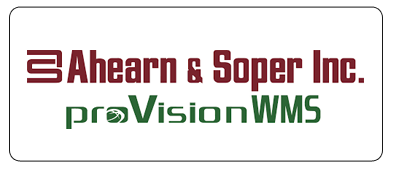
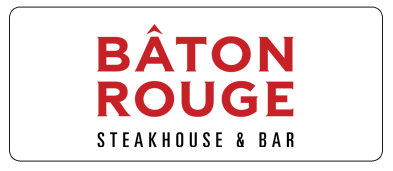

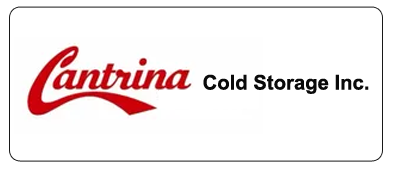

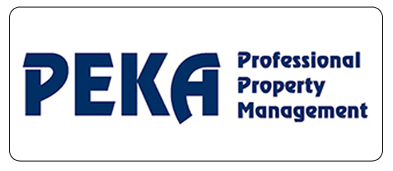
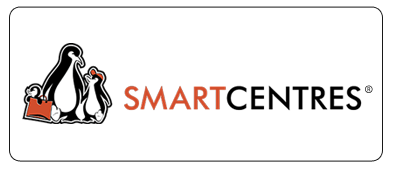
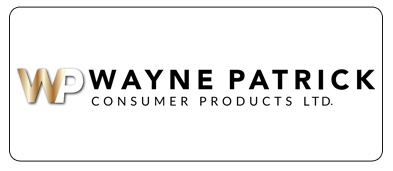
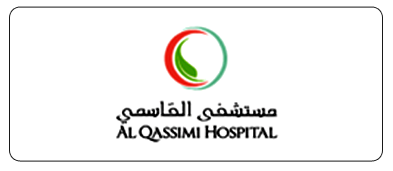
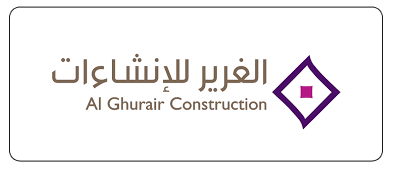

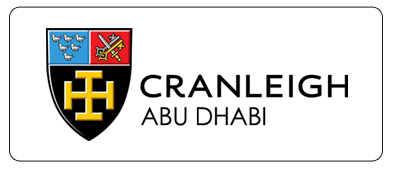

Stay Ahead of the Curve: Read the WatchNET IoT Blog for Cutting-Edge Trends & Insights.

Find Your Perfect Fit: WatchNET IoT Reference Chart – Solutions Tailored for Every Industry.

WatchNET product catalog offers everything you need to unlock the potential of the Internet of Things.

WatchNET IoT is a pioneering wireless monitoring and automation company equipped with a robust suite of solutions with 100+ long-range wireless sensors, Smart Gateway, and a versatile Open Cloud Platform tailored for various industries.
© 2019 All Rights Reserved